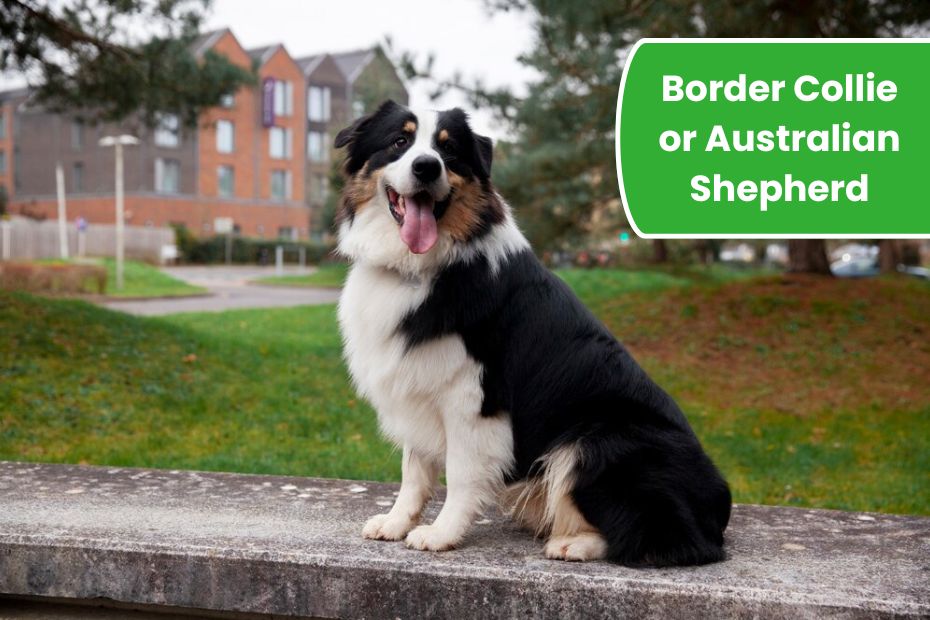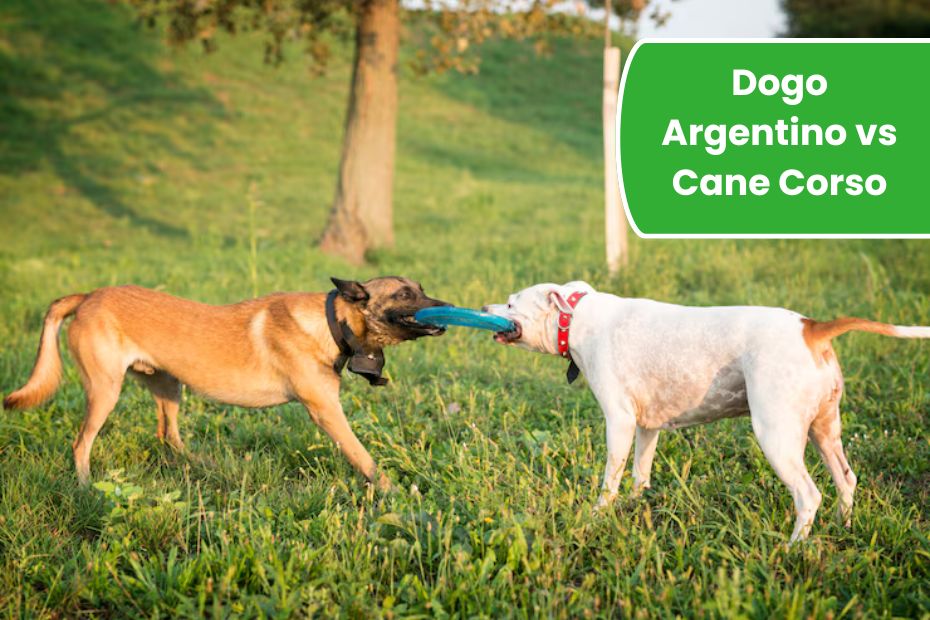When it comes to powerful, loyal, and family-protective dogs, the Cane Corso and Boerboel are two heavyweights in the canine world. Both breeds are revered for their guarding instincts, physical strength, and unwavering devotion to their families. While they share similar roles as protectors, they differ in origin, personality traits, and care needs.
Choosing between these two titans isn’t easy, as both offer unique advantages for experienced dog owners seeking a reliable guardian. In this article, we will compare the Cane Corso and Boerboel in key areas including history, appearance, temperament, trainability, and family compatibility to help you decide which breed suits your needs best.
Origins and Historical Roles
The Cane Corso originates from Italy, with roots tracing back to ancient Roman war dogs. Historically, it was used for guarding property, livestock, and serving as a loyal protector of families. After facing near extinction post-World War II, the breed was revived and has regained its reputation as a reliable guardian.
In contrast, the Boerboel hails from South Africa and was bred to protect homesteads from predators like lions and leopards. Its name translates to “farm dog” in Afrikaans, reflecting its working-dog heritage. Both breeds share a history of guarding and protection, but the Boerboel’s development was more focused on withstanding harsh environments and larger predators, while the Cane Corso evolved into a versatile guardian with strong family bonds.
Physical Appearance and Strength
Both breeds are large and muscular, but their builds reflect their distinct purposes. The Cane Corso stands between 24-28 inches tall and weighs 90-120 pounds. It has a sleek, athletic frame with a broad chest, square head, and a powerful jawline. Its short, dense coat comes in colors like black, gray, brindle, and fawn. The Boerboel, however, is even larger, standing 24-27 inches tall and weighing between 110-200 pounds.
Its body is stockier, with a massive head, deep-set eyes, and a powerful, intimidating presence. The Boerboel’s coat is short and dense, often found in shades of fawn, red, brown, and brindle. While both breeds are formidable, the Boerboel surpasses the Cane Corso in sheer size and brute strength, making it one of the most powerful mastiff-type dogs.
Temperament and Family Compatibility
Temperament is a crucial factor for family guardians. The Cane Corso is known for its calm, confident, and loyal demeanor. It is protective yet affectionate with family members, including children, and remains wary of strangers. Its intelligence and eagerness to please make it a balanced family protector when properly socialized. The Boerboel is equally loyal but tends to be more territorial and assertive.
It forms strong bonds with its family but can be overly protective if not trained early. Boerboels are generally good with children but require supervision due to their sheer size and strength. Both breeds need early socialization, but the Cane Corso is slightly more adaptable in family settings, while the Boerboel demands a firmer, experienced hand to manage its dominant nature effectively.
Training, Exercise, and Care Needs
Both breeds require dedicated training and regular exercise to stay mentally and physically balanced. The Cane Corso thrives on structured activities such as obedience training, protection work, and moderate daily exercise like walks and playtime. It responds well to positive reinforcement and clear leadership. The Boerboel, due to its larger size and strong protective instincts, requires more intensive socialization and firm training from an early age.
Boerboels benefit from tasks that stimulate their guarding instincts but also need space to roam and expend energy. Exercise routines should include long walks, strength-building activities, and mental challenges. Grooming needs are minimal for both breeds, but regular health check-ups are essential to monitor joint health, especially given their large frames.
Comparison: Cane Corso vs Boerboel
| Feature | Cane Corso | Boerboel |
|---|---|---|
| Origin | Italy (Ancient Roman lineage) | South Africa (Farm guardian heritage) |
| Height | 24-28 inches | 24-27 inches |
| Weight | 90-120 lbs | 110-200 lbs |
| Coat Colors | Black, gray, brindle, fawn | Fawn, red, brown, brindle |
| Temperament | Calm, confident, affectionate, protective | Territorial, assertive, loyal, highly protective |
| Exercise Needs | Moderate daily exercise with structured tasks | High exercise needs with space to roam |
| Family Compatibility | Excellent with socialization; good with children | Good with family; requires supervision with kids |
| Common Health Issues | Hip dysplasia, bloat, heart issues | Hip/elbow dysplasia, bloat, heart problems |
FAQ’s
Which breed is better for families with small children?
Both can be good with children if well-socialized. The Cane Corso tends to be more patient and adaptable, while the Boerboel’s size requires careful supervision.
Are Boerboels more aggressive than Cane Corsos?
Boerboels are more territorial and dominant by nature. Without proper training, they can exhibit aggressive behavior, making early socialization crucial.
Which breed needs more exercise?
Boerboels generally require more space and exercise due to their larger size and high energy levels. Cane Corsos need daily activity but can adapt to smaller spaces with structured routines.
Can a first-time dog owner handle a Cane Corso or Boerboel?
Both breeds are best suited for experienced owners. Their size, strength, and guarding instincts require firm, knowledgeable handling.
What are the common health issues for Cane Corso and Boerboel?
Both breeds are prone to joint problems like hip and elbow dysplasia, bloat, and heart conditions. Regular vet care and weight management are essential.


